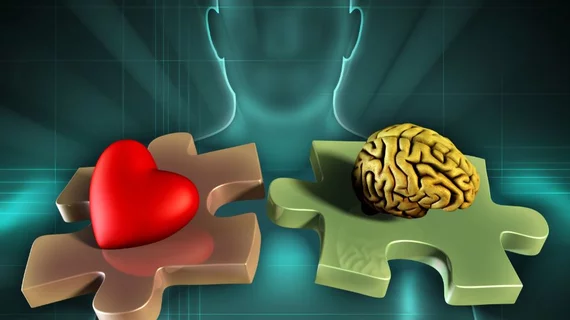American Heart Association, Bill Gates donate $3.3M to new research initiative
The American Heart Association (AHA) and Bill Gates have joined forces to fund a $3.3 million research initiative focused on cognitive impairment, cardiovascular health and more.
The project includes a new technology research center at Boston University and support for scientists around the world.
“Cardiovascular risks are closely associated with cognitive impairment and dementia, so as we strive to reduce these risks, it stands to reason that what’s good for the heart is good for the brain. This is encouraging as it means it may be possible to maintain brain health and to prevent dementia in later life,” Mitch Elkind, MD, MS, president of the AHA and a professor of neurology and epidemiology at Columbia University in New York City, said in a statement. “We are excited to enter this collaboration with Bill Gates as we look to harness the momentum of increasingly sophisticated, yet user-friendly technology that can lead to breakthrough solutions to the mysteries of the heart and brain connection, furthering our commitment to advancing the science of brain health.”
This new initiative is a continuation of the AHA’s Strategically Focused Research Network, which already launched back in April with the opening of four research centers. A team at Boston University will now launch the fifth center thanks to this latest investment.
Data from the initiative will be added to the Alzheimer’s Research UK’s Early Detection of Neurodegeneration collaborative.
“The implications of this collaboration not only involve sharing of vital data, reducing unnecessary time and replication in research for earlier detection of neurodegenerative diseases, but also allow us to take a closer look at the associations between these diseases and cardiovascular diseases,” Rafael C. Jiminez, PhD, head of research informatics at Alzheimer’s Research UK., said in the same statement “We believe health technology offers new windows into earlier detection and eventual prevention of dementia. We welcome the opportunity to collaborate with the additional network of researchers in the American Heart Association’s program to help accelerate data sharing and scientific discovery."

